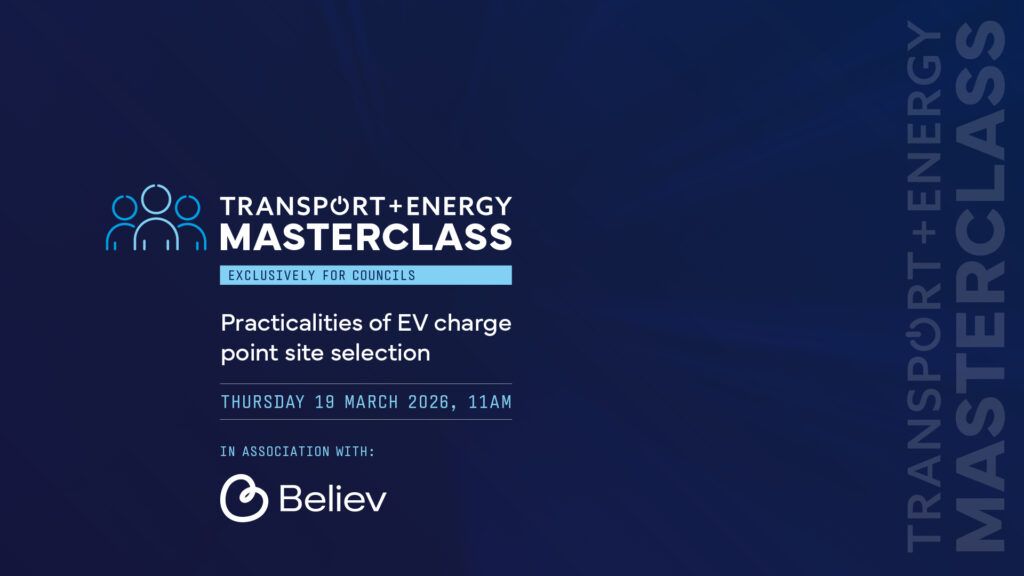Research carried out by charge point operator Believ shows that local authorities are struggling to implement their electric vehicle (EV) infrastructure plans and that this could put at risk the UK Government’s ambition to have 300,000 public charge points available by 2030.
The research shows that many councils have fallen significantly behind in their intended plans, with almost half now pushing the deadline for completion beyond the 2030 ambition.
In 2022, a fifth (20%) of the 100 councils surveyed said they hoped to have local charging infrastructure rolled out within 12 months and almost three-quarters (72%) aimed to do so within three years. Rather than this figure having risen, as might be expected, the opposite seems to be the case and progress is stalling: not a single council is yet to have fully implemented its plans and only 13% expect to do so any time soon. Almost half (47%) believe it will now take more than three years.
Perhaps of greater concern is the fact that 34% of respondents have no formal infrastructure plan in place, and most cite a lack of public funding as the biggest roadblock to progress. This is despite £57m of Government and private funding being released in 2023, out of the committed £800 million, which will be released incrementally across the next two or three years.
Many local authorities, particularly in less affluent areas, also state that they cannot justify the costs of implementing an EV infrastructure when so few people drive EVs. While 67% of consumers say they would buy an EV because of the lower running expenses, many are put off by the lack of EV charge points. Although over 16,600 more charge points were installed in the year to December 2023, the number of drivers per publicly available charge point actually rose from 31 to 36 across the UK and from 49 to 85 in the North. It means that overall, the consumer charging experience is one of shrinking rather than growing accessibility, especially in Northern England.
Charge point installation rates need to accelerate to improve consumer confidence and support the growth of the UK’s local and national economies. Many businesses are reliant on road transport for cross-country logistics. So, too, is the visitor economy, which contributes 10% to Britain’s GDP and is growing faster than the manufacturing, construction, and retail sectors. Across England, a poor EV charging infrastructure will put local economies at risk if range anxiety results in fewer visitors driving to and more businesses being driven away, from the area.
Believ’s CEO Guy Bartlett thinks local authorities should look for alternative and more accessible forms of funding:
“There is no doubt local authorities need more support, more resources and more manpower for the EV charging infrastructure challenges they face,” he says, “but rather than rely on public sector funding, local authorities can look to the private sector who can plan, install and maintain charge point infrastructure at zero cost to local councils and help them benefit sooner from revenues generated.”
Guy also points out there is added urgency for a comprehensive EV charging infrastructure with the growth of the second-hand EV market: “Last year EVs became more affordable and accessible to the 80% of drivers who buy second hand rather than new cars. They will not switch unless they are confident in the charging infrastructure, and currently, they are not.
“Without them, national and local Government will struggle to achieve their net zero targets.”
The full report is available here: https://www.believ.com/local-authority-survey/
Image of report courtesy of Believ.












